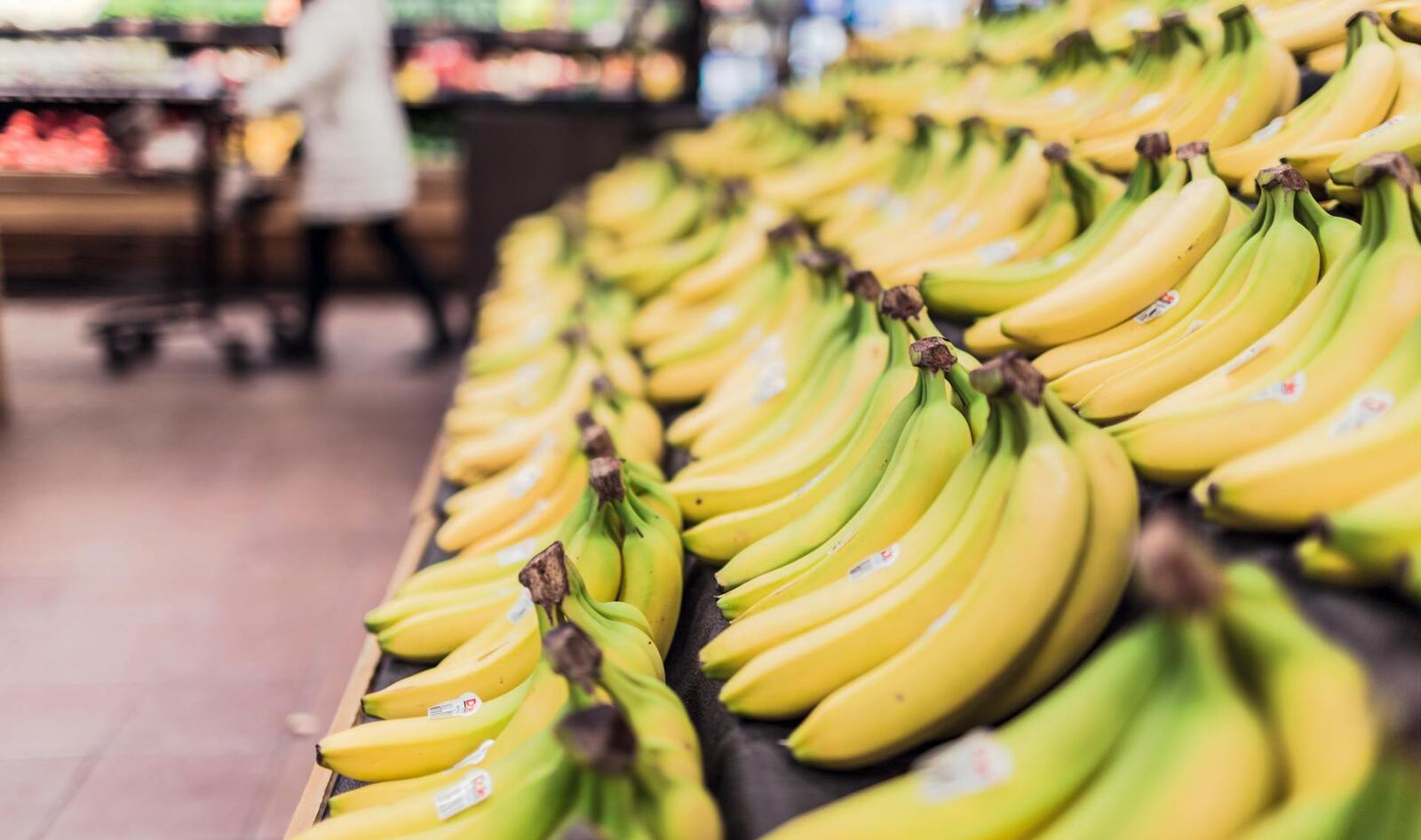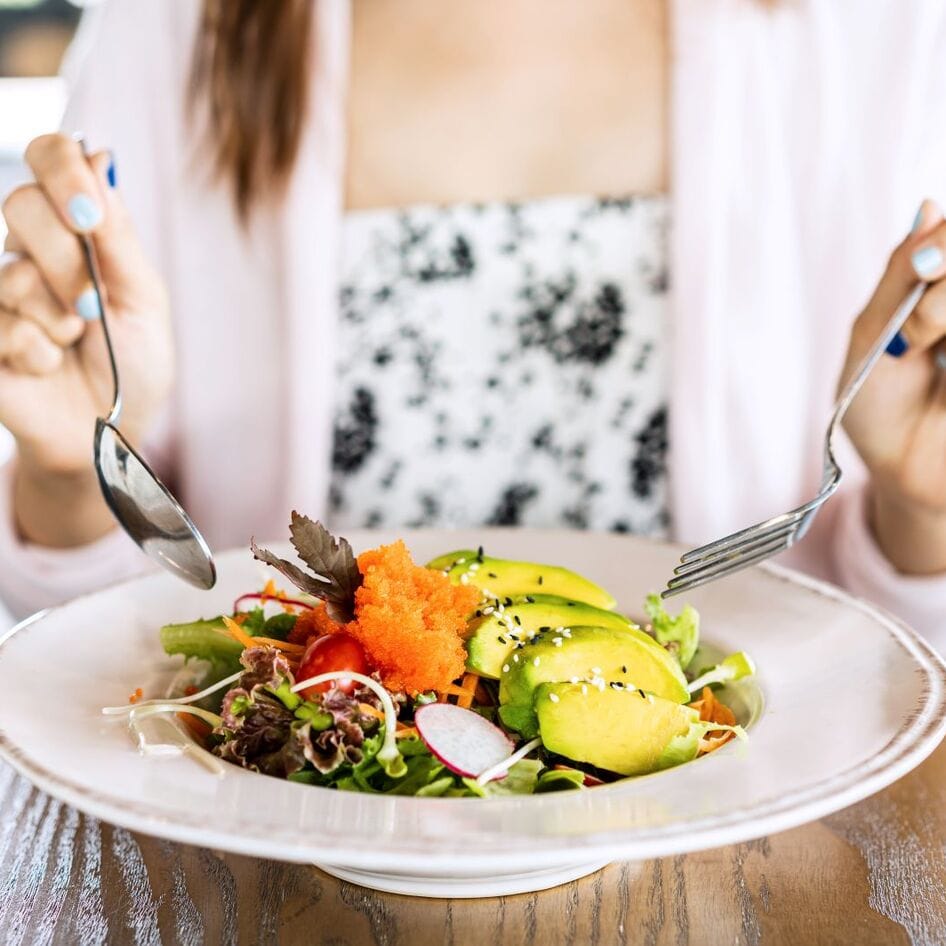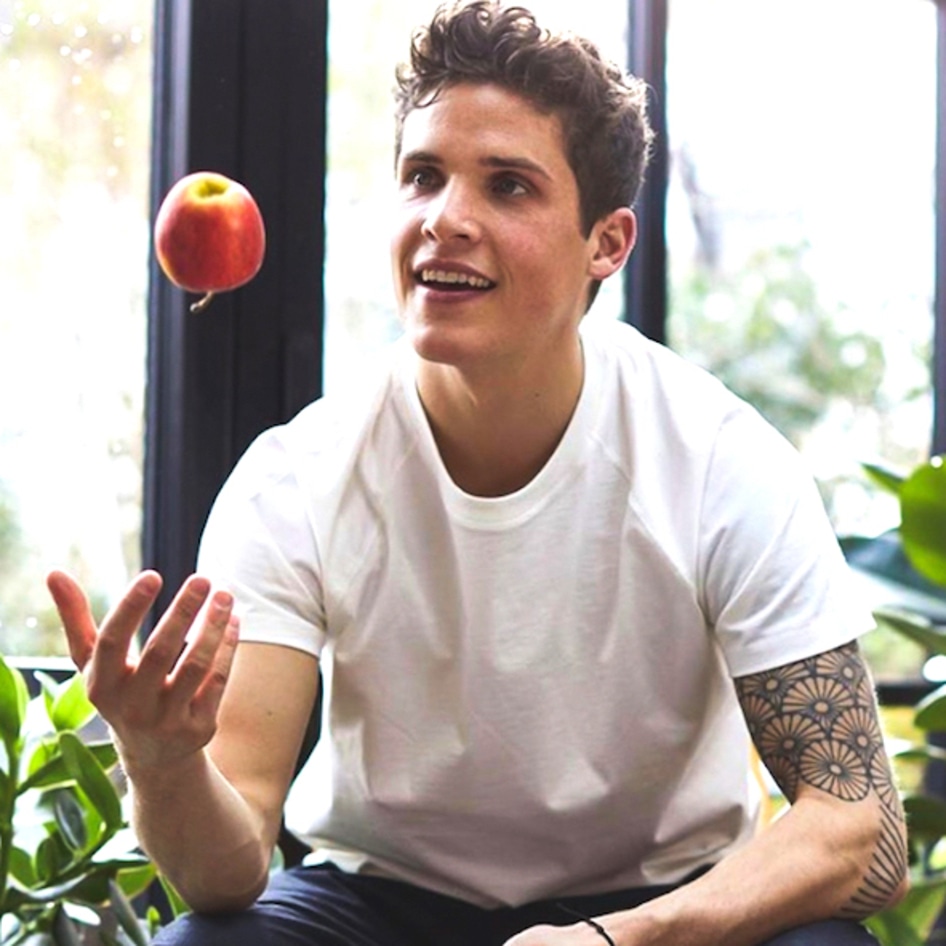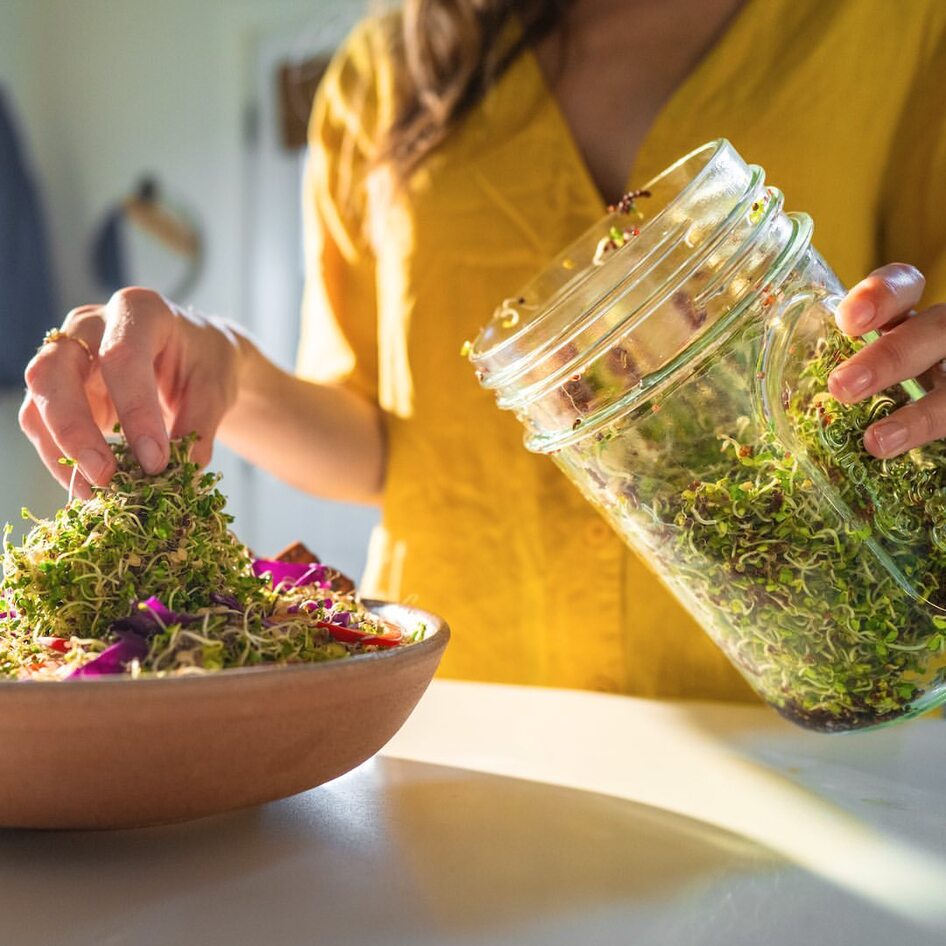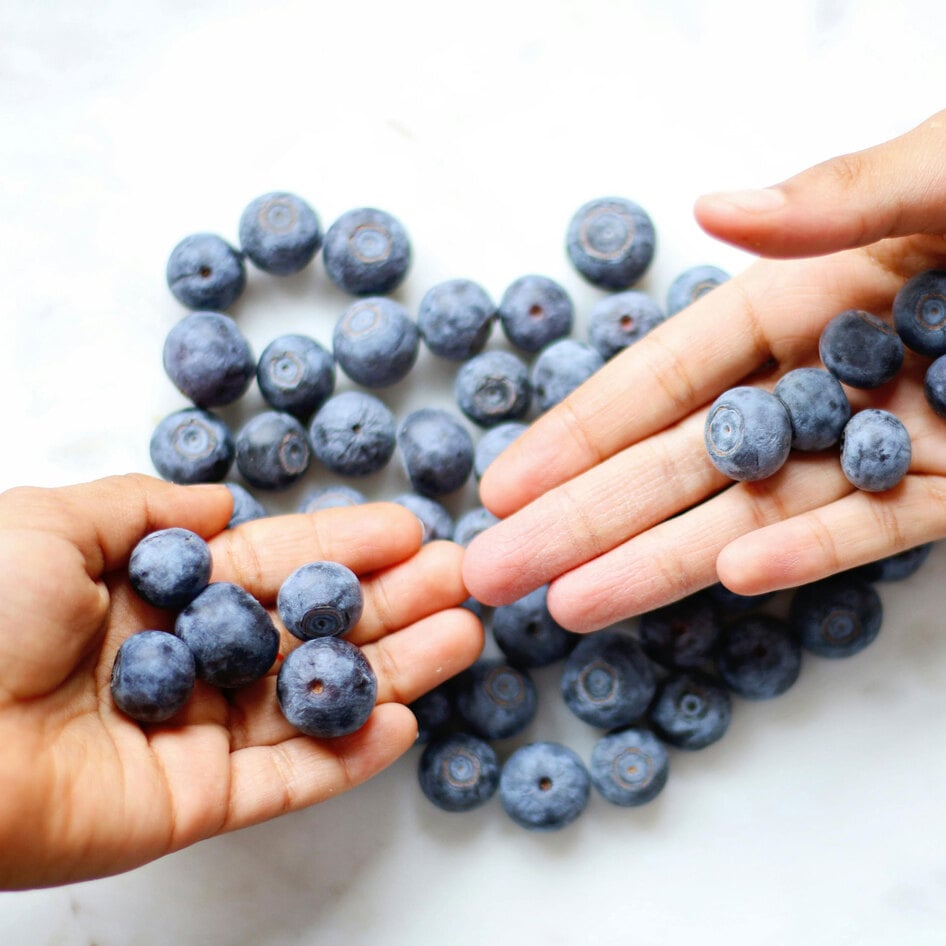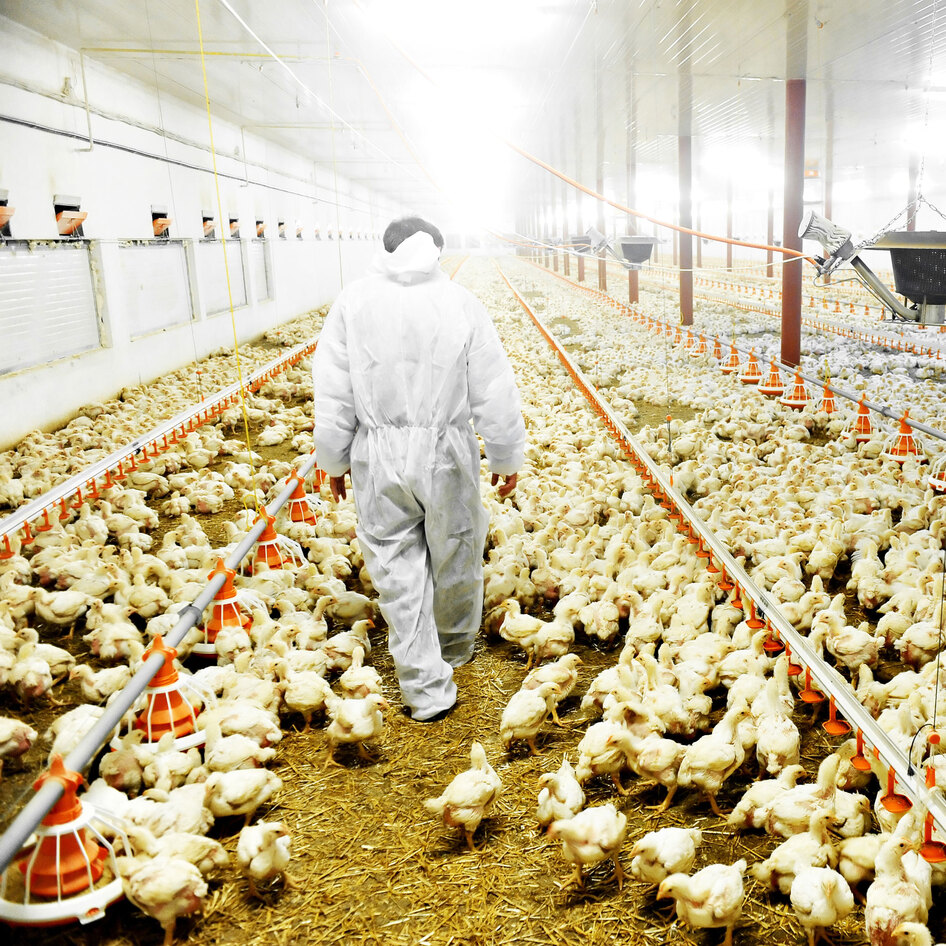New research has discovered that assigning human-like emotions to solitary bananas significantly boosts their sales. By displaying signs depicting a banana with a downturned mouth alongside the message, “We are sad singles and want to be bought as well,” retailers can evoke compassion in shoppers, leading to increased purchases of these often-overlooked fruits.
The study, conducted by researchers at the University of Bath’s School of Management and published in the journal Psychology & Marketing, evaluated the impact of “sad singles” signage compared to “happy singles” and neutral messages on the sales of loose bananas and tomatoes. Findings revealed that signs conveying sadness were the most effective in boosting sales. Specifically, the number of single bananas sold per hour rose from 2.02 with neutral signage to 3.19 with sad banana signs—an increase of 58 percent. In contrast, happy banana signage led to a modest 5.4 percent increase, making the sad banana approach nearly 50 percent more effective.
 Anna Tukhfatullina | Pexels
Anna Tukhfatullina | Pexels
“As far as we know, this is the first study comparing happy and sad expressions on bananas separated from their bunch to look at the impact on sales,” Lisa Eckmann, PhD, from the Bath Retail Lab at the University of Bath, said in a statement. She added, “The plight of the single bananas is really relatable, and the findings have very practical applications for boosting sales and reducing food waste from our supermarkets.”
Single bananas often become separated from their bunches due to consumer selection habits or during transportation, leading to increased waste. These lone bananas contribute significantly to the 131 million tons of food wasted annually in the retail sector, according to the UN Environment Programme. Previous studies have identified single bananas as having the highest climate impact among wasted produce items.
Anthropomorphism as a sales strategy
The research team, which included members from RWTH Aachen University and Goethe University Frankfurt, conducted their experiment in a major German supermarket chain, observing the purchasing behavior of 3,810 customers over 192 hours. The supermarket had previously labeled single bananas with neutral messages but had not incorporated emotional elements.
To further validate their findings, the researchers adapted the in-store study into an online experiment involving 745 shoppers asked to imagine purchasing bananas. Another online study with 1,990 participants replicated the setup for tomatoes, and a final study with 995 participants examined the effect of price discounts on banana purchases.
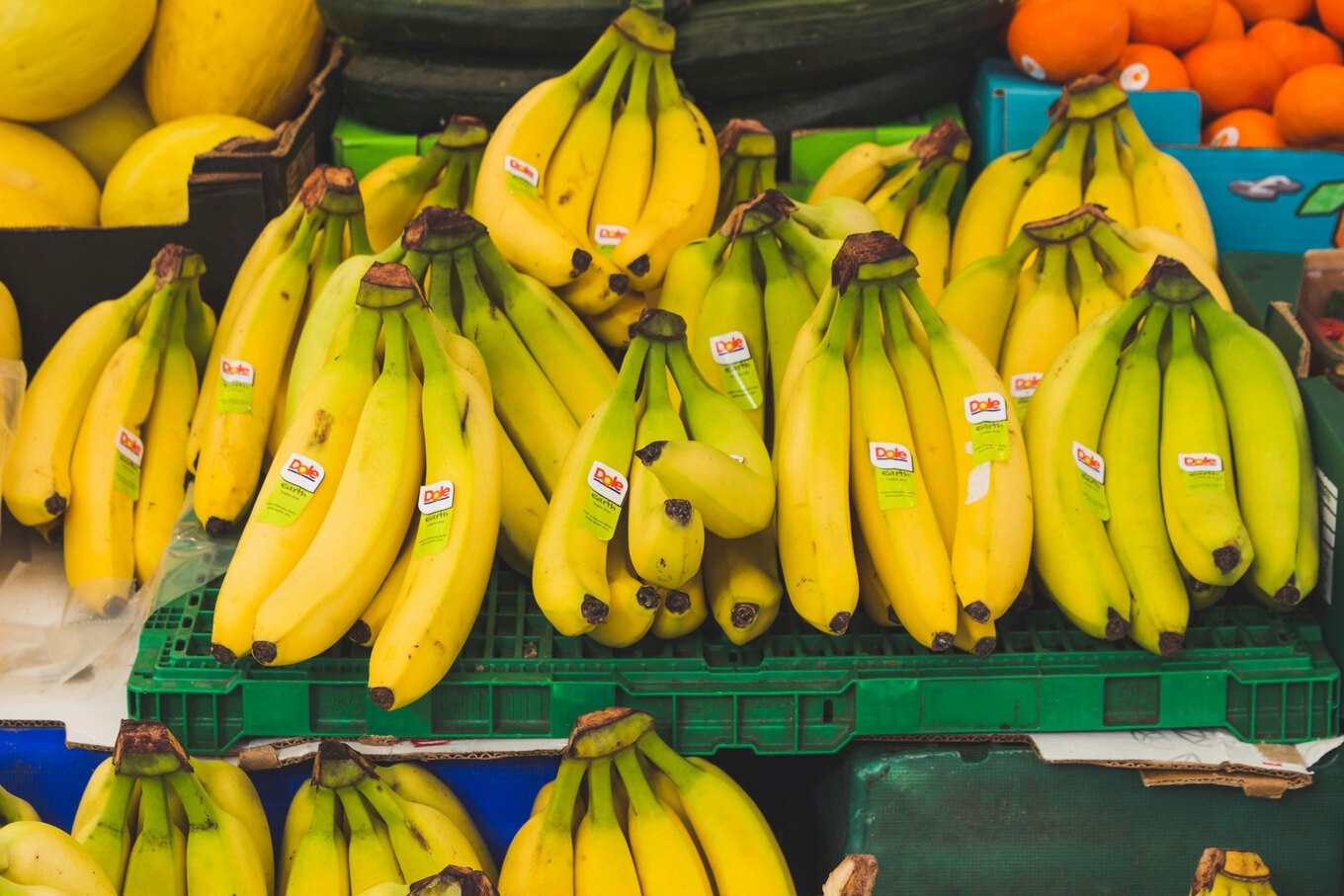 Dom J | Pexels
Dom J | Pexels
BECOME A VEGNEWS VIP: Get exclusive product deals, freebies, and perks galore!
While anthropomorphism has been used to increase consumer acceptance of imperfect produce, such as misshapen or less fresh items, this study is the first to apply it to produce presentation—specifically, items separated from their usual grouping, like single bananas or loose tomatoes.
The study also found that price discounts were more effective than sad anthropomorphic signage in increasing sales of single bananas. However, when retailers are unable or unwilling to reduce prices, using sad anthropomorphism can serve as an effective alternative strategy to boost sales of single produce.
Eckmann suggested a tiered approach for retailers. “Food retailers could apply a step-wise intervention approach where they first use anthropomorphism as a sales-boosting strategy before turning to price discounts,” she explained. Eckmann also noted the potential for consumer desensitization over time but emphasized that the strategy is easy to implement and initially effective.
For more plant-based stories like this, read:
JUMP TO ... Latest News | Recipes | Guides | Health | Subscribe

